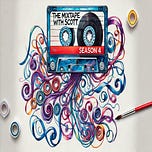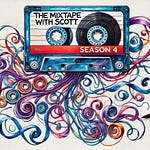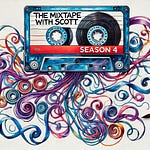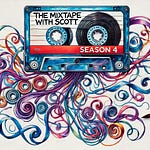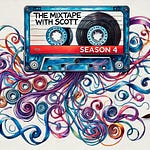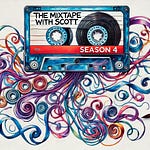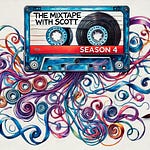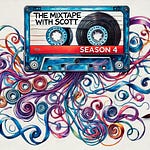In this week's episode of the Mixtape with Scott, I interviewed Mike Luca, the Lee J. Styslinger III Associate Professor of Business Administration at Harvard Business School. Mike studies a variety of topics of high relevance to the underlying economic organization of the online sector, such as the design of online platforms, applied causal inference and data science. More to the point, his research helps organizations consume data or all types and produce insights that help them become more informed and about managerial obstacles and solutions. He is also the coauthor of "The Power of Experiments: Decision-Making in a Data Driven World" with Max Bazerman.
This is part of my longer series on what I’m calling "economists in tech", which includes my interviews with:
Susan Athey (first chief economist at Microsoft, John Bates Clark award winner, and much more)
Michael Schwarz (current Microsoft chief economist),
John List (former chief economists at Uber and Lyft),
Kyle Kretschman (Head of Economics at Spotify),
Ronnie Kohavi (computer scientist with a long career in tech spanning decades, early promoter of A/B testing)
This series is, I hope, particularly relevant to those PhD economists and adjacent workers, like data scientists and machine learners, within tech, but also those outside of tech wanting to learn more about the long story of the demand for and supply of PhD economists in tech — which I consider to be the result of a very disruptive, particularly important, technological shift that increased the value of the work that PhD economists do and can do, causing a long march of PhD economists into industry (which is likely to continue growing for a while). Which is itself part of my long term project to collect interviews that when pieced together in the longrun help tell at least a small sliver of the oral history of the last 50 years of economists across many disciplines, many parts of the world, many types of work, many departments, and beneath many influential watershed people and movements that I consider to be particularly interesting (to me).
But in many ways, the oral history element, while meaningful to me, is also a convenient hook for me to listen to and help broadcast the personal stories of real people. Real people matter, and their stories matter, not because of how they connect to some larger thing, but as people in and of themselves. And as I say often at the start of each podcast, I am firmly in the camp of those who believe that we navigate our own historical lives through stories, and for many of us, that includes the personal stories of others. These stories, as I call them, function as models that help us understand ourselves as well as compasses as we try to plot out where we are in our journeys, and inform our decision making under uncertainty as we try to navigate our lives in a way that is consistent with our values and help us find our place in society.
So thanks for tuning in! I hope you find this interview with Mike illuminating.
Opening music by Wes Cunningham.


